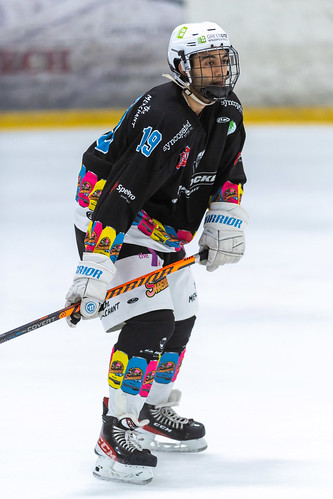Who was Hardeep Singh Nijjar, whose killing has divided Canada and India?
Nijjar #Nijjar

NEW DELHI —
Hardeep Singh Nijjar, a Sikh independence advocate whose killing three months ago is at the center of a widening breach between India and Canada, was called a human rights activist by Sikh organizations and a terrorist by India’s government.
Canadian Prime Minister Justin Trudeau said Monday that his government was investigating “credible allegations that agents of the Indian state were linked to the killing of a Canadian citizen” after Nijjar was gunned down June 18 outside a Sikh cultural center in Surrey, British Columbia.
India denied any role in the killing, calling the allegations absurd. Nijjar was a prominent member of a movement to create an independent Sikh homeland known as Khalistan, and at the time of his death was organizing an unofficial referendum among the Sikh diaspora with the organization Sikhs for Justice.
He also owned a plumbing business and served as president of a local Sikh temple, or gurdwara.
Nijjar was a wanted man in India, where authorities labeled him a terrorist in 2020.
In 2016, Indian media reported that he was suspected of masterminding a bombing in the Sikh-majority Indian state of Punjab and training terrorists in a small city southeast of Vancouver, Canada.
He denied the allegations and told the Vancouver Sun that he was too busy to participate in Sikh diaspora politics.
“This is garbage — all the allegations. I am living here 20 years, right? Look at my record. There is nothing. I am a hard worker. I own my own business in the plumbing [industry],” Nijjar told the newspaper.
Following his death, the World Sikh Organization of Canada called Nijjar an outspoken supporter of Khalistan who “often led peaceful protests against the violation of human rights actively taking place in India and in support of Khalistan.”
India has waged an at times bloody struggle against the Sikh independence movement since the 1980s, when Prime Minister Indira Gandhi ordered a raid to capture armed separatists taking refuge in a major Sikh temple.
The raid killed hundreds of people, and two of Gandhi’s Sikh bodyguards assassinated her shortly thereafter. In response, anti-Sikh riots took place across India in which members of the minority were dragged out of their homes and killed.
More recently, the Hindu nationalist-led government of Prime Minister Narendra Modi has cracked down on both non-Hindu rights movements and dissidents.
India filed a criminal case against Nijjar in 2020 for “conspiring to create an atmosphere of fear and lawlessness, and inciting people to rise in rebellion against the Government of India” when farmers, many from Punjab, camped out on the edges of New Delhi to protest controversial agriculture laws.
Last year, Indian authorities accused Nijjar of involvement in an alleged attack on a Hindu priest in India and announced a reward of about $16,000 for information leading to his arrest.
Canadian police said Nijjar was shot in June as he was leaving the parking lot of the gurdwara where he served as president. He suffered multiple gunshot wounds and died at the scene.
After the killing, a lawyer and spokesperson for Sikhs for Justice, Gurpatwant Singh Pannun, said Nijjar had been a target of threats because of his activism. His killing was the second in two years of a prominent member of the Sikh community in Canada.
Pannun said that he had spoken to Nijjar by phone the day before he was killed and that Nijjar told him Canadian intelligence had warned his life was at risk.
Newsletter
Start your day right
Sign up for Essential California for the L.A. Times biggest news, features and recommendations in your inbox six days a week.
You may occasionally receive promotional content from the Los Angeles Times.
On June 24, about 200 protesters from Canada’s Sikh community gathered in front of the Indian Consulate in Vancouver to demonstrate against Niijar’s killing. They described him as “peaceful” and “humble” and dismissed allegations that he was connected to violence.
Many of the protesters were convinced that Nijjar’s killing was linked to his calls for an independent Sikh state.
“He was a loving man, a hard-working man, a family man,” said Gurkeerat Singh, one of the protesters.
On Monday, Moninder Singh, a spokesperson for the British Columbia Sikh Gurdwara Council, told Canada’s CTV that the wave of support for Nijjar after his death was an indication of how he was seen in the community.
“It shook the community across the entire world, including in Punjab,” Singh said.
“The community is shattered. There are very, very high emotions,” Sukh Dhaliwal, a member of Parliament who represents Surrey, said days after the killing.